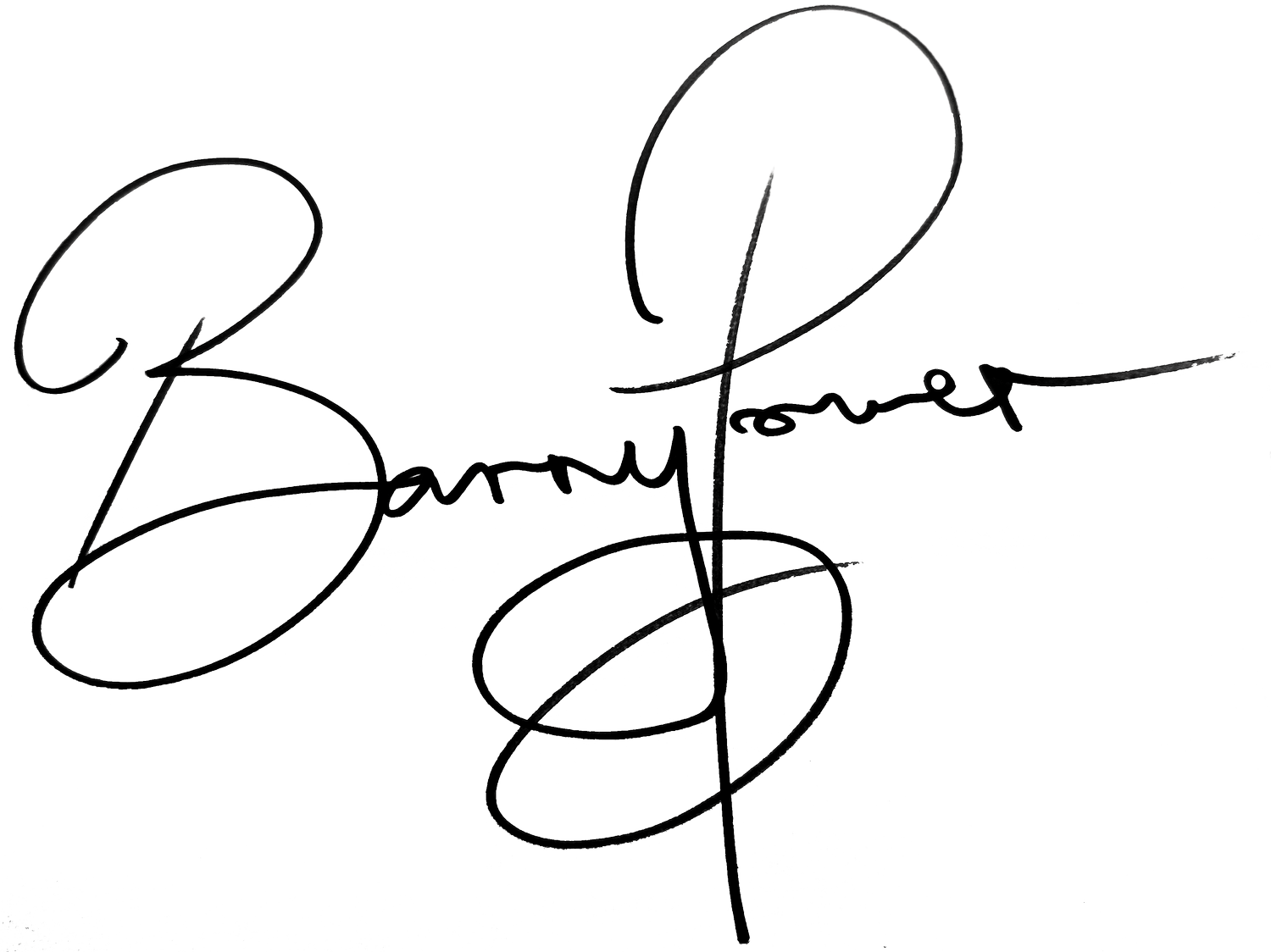032. Raw Footage
“When you write a book, you spend day after day scanning and identifying the trees. When you’re done, you have to step back and look at the forest.”
Sometimes the best solution to a problem is by simply changing the angle at which you view it from. As if someone turns on a light in a part of an overfamiliar room to illuminate your missing shoe. You knew it was there all along but couldn’t quite remember where exactly until that flick of a switch.
Over the past few months I have been working through a book called The Artists Way by Julia Cameron. For anyone who is interested in getting a bit more creative in your life in general, I would highly recommend it. There are countless lessons to be taken from the first reading. Although, I suspect I will be revisiting this book again many times in the future. One of the most valuable I have found is the idea of creating from a place of abundance as opposed to scarcity.
I’m going to use songwriting as my example but I feel it could be applied to whatever your chosen field is.
From when I first started writing I only really saw one way to go. If I had a verse I would write the six or eight lines that I needed and then move on and write the four lines for the chorus then move on. I only ever wrote what I thought was necessary. This made the writing far more challenging than it needed to be because I was always only trying to find my best four lines.
It never even occurred to me to write any more than what I felt I needed. Before I even put pen to paper the line had to be great, otherwise I would discard it and move on. It was this throwing away that was really my biggest mistake. It left me with almost nothing to draw from, not only this but I was totally dismissive of 99% of all my work. If it wasn’t a killer line; Bang, gone, never to be heard from again.
The angle from which I viewed my problem changed completely by doing the very first exercise from The Artists Way. It’s called morning pages and its premise is quite simple; three pages of stream of conscious writing every day where the only goal is to write. It doesn’t matter about what, just whatever comes into your head even if that is the repeated line, “I can’t think of anything to write” or “all work and no play makes Jack a something something”.
At first its seems so pointless, pages and pages of disparate ideas and random thoughts, but, over time it becomes something else. It’s like opening up a dialogue with yourself where you start to tune into subtle ideas and thoughts, that, had they not been written down, would be gone forever.
I have found that part of the function of these pages is to help unblock any creative obstacles and it does that in sometimes uncomfortable ways. It was only after a few months that I found I had pages and pages of writing, way more than the brief sketches and outlines of songs I used to put into my notebooks.
This may seem really obvious but It took me a long time to get into my head that writing and editing should not be done simultaneously, they need to be separated. The time to judge your work is not as you do it, but after the fact, when it’s done when it’s written down when it already exists. The way I work now is by fishing through all of the collective work, all those scraps, half thoughts and throwaway ideas until I can find my best four lines from that. I mean you cant have hindsight for something you never wrote down or you can’t remember.
Please leave a comment and let me know what you think! and If you like this post please consider joining my mailing list here, where I'll keep you up to date with whats going on with me.

